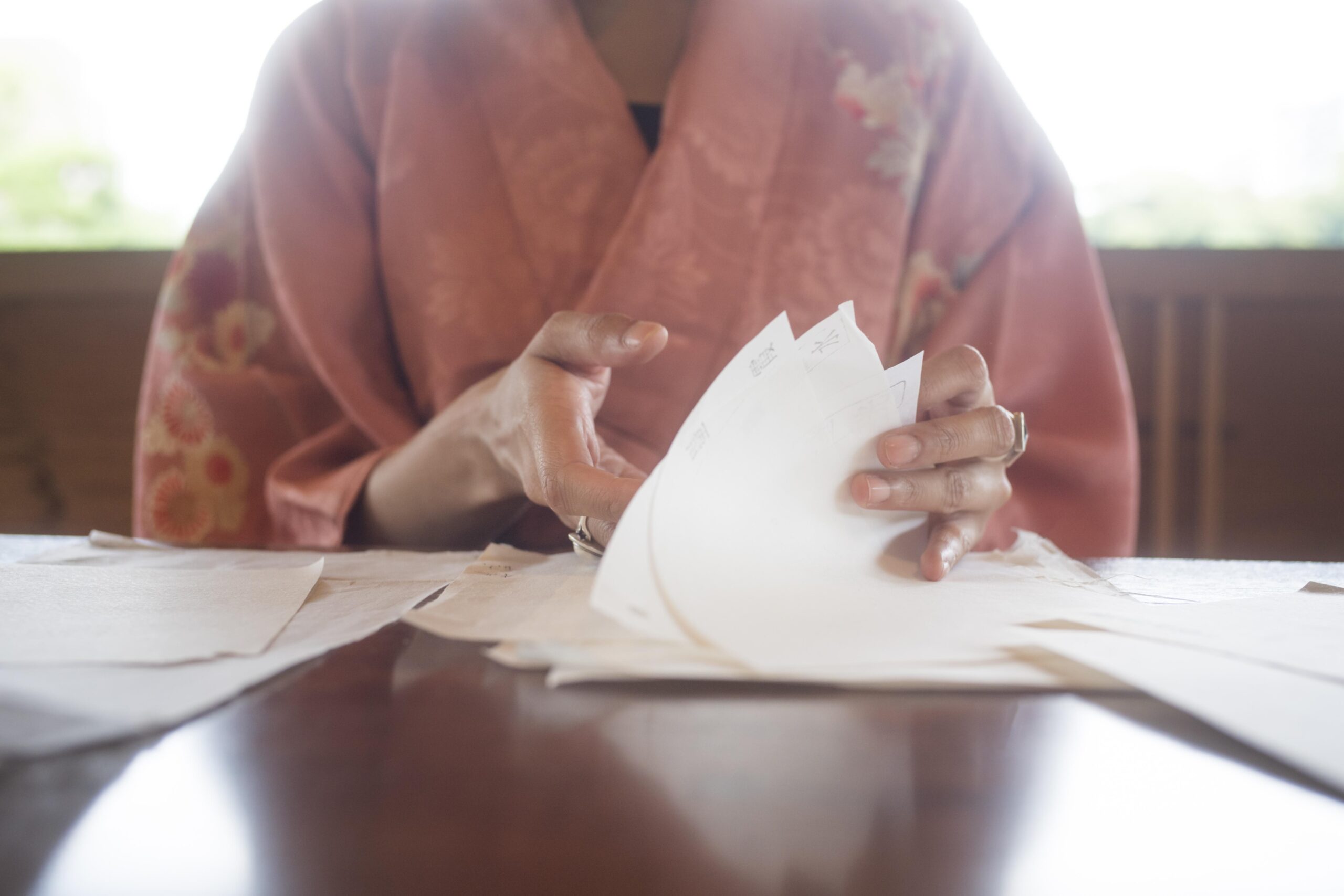What are the remedies available for patent infringement in India?
In India, patent infringement can lead to civil remedies, including injunctions and damages. While criminal penalties are rarely applied, the financial consequences can be significant, making these civil remedies essential for protecting patent holders’ rights.
Remedies for Patent Infringement:
1. Injunctions
An injunction is a legal remedy aimed at preventing further harm or infringement. In India, there are two types of injunctions:
– Temporary/Interlocutory Injunction: This is a provisional remedy granted early in the case to prevent the defendant from continuing their infringing activities while the case is still being decided. It ensures that the plaintiff is not unfairly harmed before a final decision is made. To obtain this injunction, the plaintiff must prove the validity of their patent and that the infringement is causing irreparable damage.
– Permanent Injunction: Once the court makes a final ruling in favor of the plaintiff, a permanent injunction can be issued. This injunction prevents the defendant from infringing on the patent any further. If the defendant is found not guilty, the temporary injunction is lifted. A permanent injunction remains effective for the life of the patent.
2. Damages
– If patent infringement is proven, the court may award damages to the patent holder. The compensation amount depends on factors such as the extent of the infringement, the financial losses suffered by the plaintiff, and the profits earned by the infringer. If the infringement is found to be willful, the court may impose higher damages as a penalty for intentionally violating the patent rights.
These remedies help enforce patent rights, offering both preventive and compensatory measures. Injunctions prevent further infringement, while damages provide financial compensation for the harm caused. Together, they offer a comprehensive approach to resolving patent disputes.


